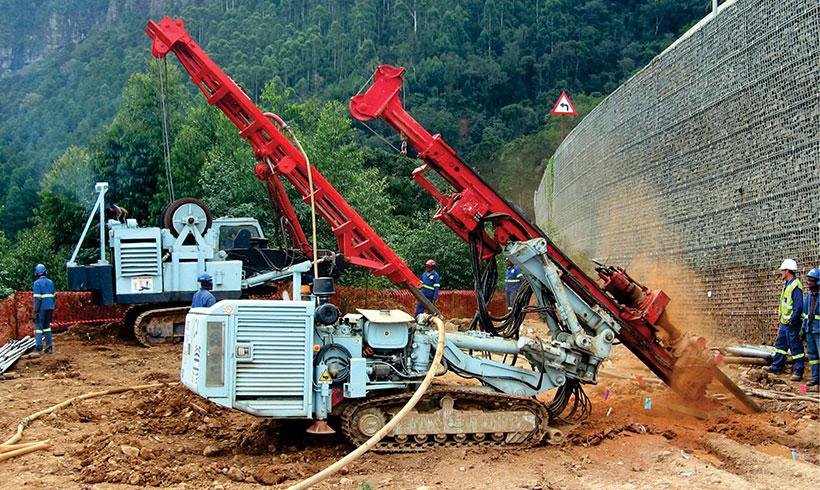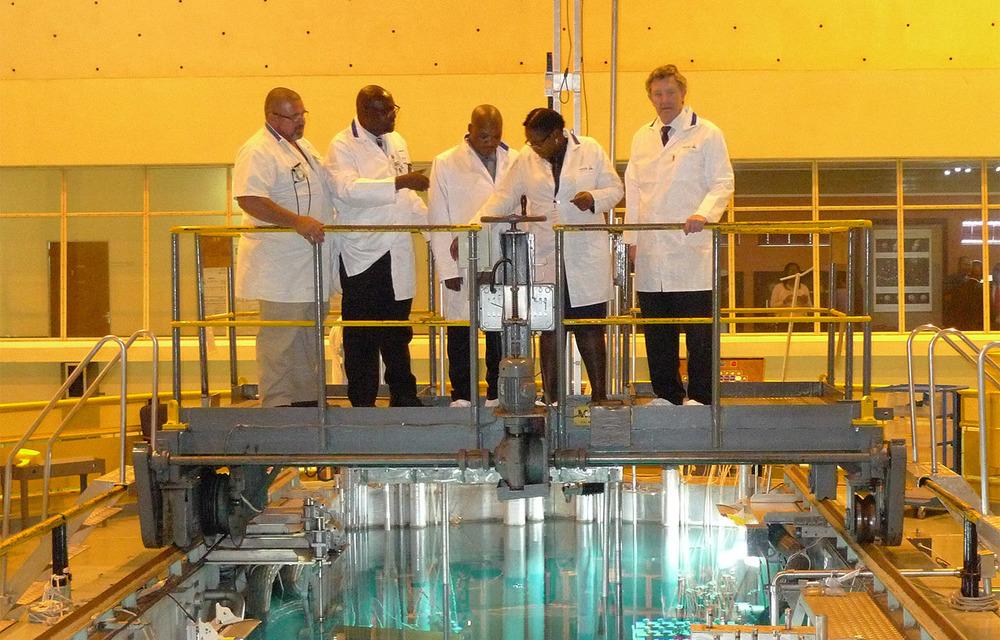Explore Our Bill Payment Services:

- Salary And Allowance
- Engineers Salary
- South Africa
Salary And Allowance Structure For Geotechnical Engineers In South Africa
Geotechnical engineering is a specialized field within civil engineering, focusing on subsurface conditions and materials, vital for construction safety and sustainability. From underground foundations and slope stability to tunneling and mining, geotechnical engineers carry high responsibility. Let’s explore their earnings journey, from entry-level to senior roles, including allowances and career-enhancing factors.
What Geotechnical Engineers Typically Earn
The average annual base salary for geotechnical engineers in South Africa ranges widely, but a solid benchmark is around R650,000 per year, or approximately R54,000 per month. In rural or less industrial regions, this falls to around R375,000 annually (~R31,200 per month), with entry-level salaries starting near R14,400 per month (~R172,800/year) and upper-end roles reaching R49,600 per month (~R595,200/year).
A median figure of R406,300 annually shows that half of geotechnical engineers earn less, half more. The 25th percentile stands at approximately R259,100, while the 75th percentile reaches around R538,600. This spread reflects just how varied compensation can be based on location, experience, and specialization.
Salary Progression by Experience
Experience strongly influences earnings. Here’s how salaries evolve with tenure:
-
0–2 years: ~R196,800/year (starting salary).
-
2–5 years: ~R263,200/year — a ~34% increase.
-
5–10 years: ~R385,300/year — another ~48% boost.
-
10–15 years: ~R471,700/year — ~22% more.
-
15–20 years: ~R514,300/year — ~9% more.
-
20+ years: ~R555,800/year — ~8% more.
In other words, by the time you reach a decade of experience, your earnings often more than double what you started with.
Averages and Variance Across Platforms
Platforms reporting geotechnical engineering salaries show:
-
A midpoint total compensation of around R516,500 annually, with a likely range of R343k to R663k annually.
-
Senior geotechnical engineers earn significantly more—on average R1,010,000 per year, signaling the premium placed on years of expertise and leadership roles.
-
In high-demand regions like Gauteng (e.g., Pretoria), average salaries reach as high as R894,500 annually—notably above the national average.
Regional Differences in Salaries
Location matters. For example:
-
In Pretoria, average base salary reaches R894,500/year.
-
Johannesburg and Cape Town often report lower daily or monthly averages, suggesting discrepancies in how data gets aggregated or the types of roles common there.
Geotechnical engineers working in industrial or mining hubs generally earn more than those in smaller towns or rural areas.
Allowances & Additional Compensation
Salary packages often include more than base pay:
-
Bonuses: Project completion or performance bonuses may boost income.
-
Travel & Field Allowances: For site-based roles (especially in mining or remote areas), allowances are common to compensate for extra travel or extended stays.
-
Medical Aid & Retirement Benefits: These are standard in private firms and can include comprehensive healthcare and pension contributions.
-
Professional Registration Support: Employers may sponsor membership fees for professional bodies or further education.
These extras can substantially increase the total compensation and are crucial for financial and career growth.
The Value of Education
Academic credentials also matter:
-
Bachelor’s degree holders earn around R228,500 annually.
-
Those with a master’s degree earn nearly double—around R437,900 annually.
Investing in postgraduate studies can yield a strong return in higher earnings and career advancement.
Gender Pay Variance
There is a reported gender gap, with male geotechnical engineers earning about 12% more than female counterparts—average figures being R33,000 per month vs. R29,500 per month. Awareness of this disparity can encourage proactive negotiation and advocacy for equal pay.
Real-World Insight
Some professionals share that starting salaries often fall between R60,000 and R75,000 annually, albeit with strong benefits. Others reflect on tough early years in the field, emphasizing that early efforts—often in the field—build the technical foundation that leads to higher-paying senior or consulting roles.
Summary Table: Salary by Experience
| Experience Level | Approx. Annual Salary (ZAR) |
|---|---|
| Entry-level (0–2 yrs) | ~R196,800 |
| Early-career (2–5 yrs) | ~R263,200 |
| Mid-career (5–10 yrs) | ~R385,300 |
| Senior (10–15 yrs) | ~R471,700 |
| Experienced (15–20 yrs) | ~R514,300 |
| Veteran (20+ yrs) | ~R555,800+ |
High-performing or highly specialized senior roles can exceed R1 million annually.
Final Thoughts
Geotechnical engineering in South Africa offers a rewarding career path. Salaries start modestly but grow significantly with experience and credentials. Key drivers of higher compensation include region of employment, advanced education, and accumulated expertise. To boost income, engineers should consider moving to high-demand areas, pursuing postgraduate studies, and seeking specialized or leadership roles.
The profession comes with meaningful benefits—bonuses, travel allowances, healthcare, and more—that can enhance overall remuneration. As infrastructure and mining sectors continue developing, geotechnical engineers will remain vital—and financially rewarded—for their expertise.









